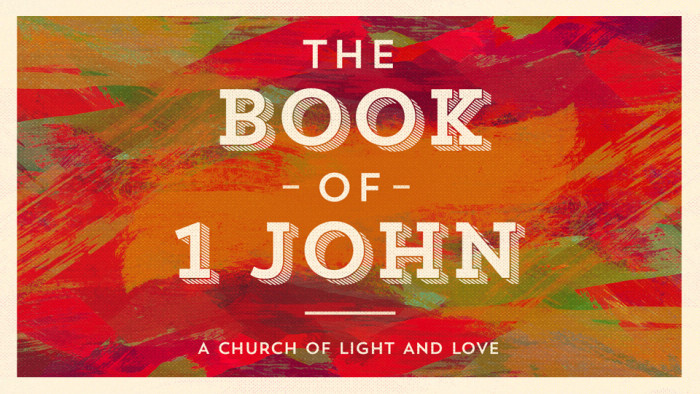I think I was probably 11 or 12 when I discovered that my soul quakes at heights. My family used to vacation in the summer at a camp in Colorado called Horn Creek. One of the weekly activities for the courageous spry was to climb Horn Peak, some 13,500 feet in the air. So my dad and I took off. Eventually we made it to Little Horn, which is about 500 feet short of the summit. We sat down, I looked down, and said to my dad something like, “I don’t want to go any further.” The thought of going just another 500 feet to the highest point was terrifying—I was quaking even though I wore a hat proclaiming, “No Fear.” So down we went.
The next year we returned to Colorado and conquered the Horn. I think I also conquered my somewhat debilitating fear of heights. But thoughts of summits still make my heart flutter. Who can stand at the Grand Canyon, look out and not tremble in awe? Who can look down from Mt. Everest and not be moved? To stand on or next to grand heights will always move the soul; it’s part of being an ordinary human being.
From the last three words of 4:8 through 4:10 we come to the Grand Canyon of God’s grace and the Mt. Everest of God’s love; we come to the cross of Jesus Christ. The most hallowed ground in history. Will you be moved? God intends you to be and John intends you to be.
How might we know that God is love? John says look at the death of Christ. Notice 4:9, “In this the love of God was made manifest among us, that God sent his only Son into the world, so that we might live through him.” Love came so that we might live. How does His love in Christ bring us life? Look at 4:10, “In this is love, not that we have loved God but that he loved us and sent his Son to be the propitiation for our sins.” I want you to see two things about God’s love in this most precious of verses.
2 Truths About God’s Love
God’s love is a sovereign love. His love is not a response to ours, “In this is love, not that we have loved God but that he loved us.” He initiated the work of salvation according to His own eternal, sovereign decree of love. The cross shines forth and shouts out God’s sovereign love.
God’s love is a satisfying love. He “sent his Son to be the propitiation for our sins.” What is this word “propitiation?” “Propitiation” is a sacrifice that satisfies divine wrath. It was on the cross that Jesus suffered, and His greatest anguish was not the immense physical pain associated with crucifixion, but the agony of being treated by the Father as a sinner. He who knew no sin was made to be sin, and so suffered the wrath of God. And His suffering was perfect for God’s wrath was satisfied. As the hymn says, “Til on that cross as Jesus died, the wrath of God was satisfied.”
Interestingly enough, last summer a mainline Presbyterian denomination, the PCUSA, published a new hymnbook and much hullaballo ensued about their decision to not include “In Christ Alone” in the book. They’d contacted the Keith Getty and Stuart Townend (writers of “In Christ Alone”) asking them if the denomination could change “the wrath of God was satisfied” line to “the love of God was magnified.” The writers declined and the denomination yanked it from the hymnbook. God’s wrath is something they’d rather remove than sing about, and what they don’t realize is that to apologize for God’s wrath is to rob Jesus’ of due honor and praise. To lessen the wrath of God is to make light of the sin of men, rob majesty from Jesus’ work of propitiation, and steal glory from God’s love.
If you are a Christian, are you affected by this incredible sovereign and satisfying love of God? If not, let me submit to you that it’s probably because you have a low view of sin and thus of God’s wrath. If God’s wrath is not great, your experience of His love will be small.
Maybe you’re not a Christian, if so, you just stop and consider here the wrath of God towards sin. The Bible says we all have been born in sin and sin makes us indifferent towards God. But God is not indifferent towards sin; it is a traitorous offense that demands His consuming wrath. That wrath will fall on you if you don’t turn from your sin and trust in Christ. Eternal life, not wrath, can be your portion if you believe Jesus is the loving savior from your sin.
What, for John, is the logical outcome of God’s love for us in Christ? Notice 4:11, “Beloved, if God so loved us, we also ought to love one another.” Love for one another is thus the grateful duty of every person who knows God’s supreme love revealed at the cross.
Love one another because of who God is and love because of what God did.
This post is adapted from my recent sermon, “The Love of God,” on 1 John 4:7-12.

